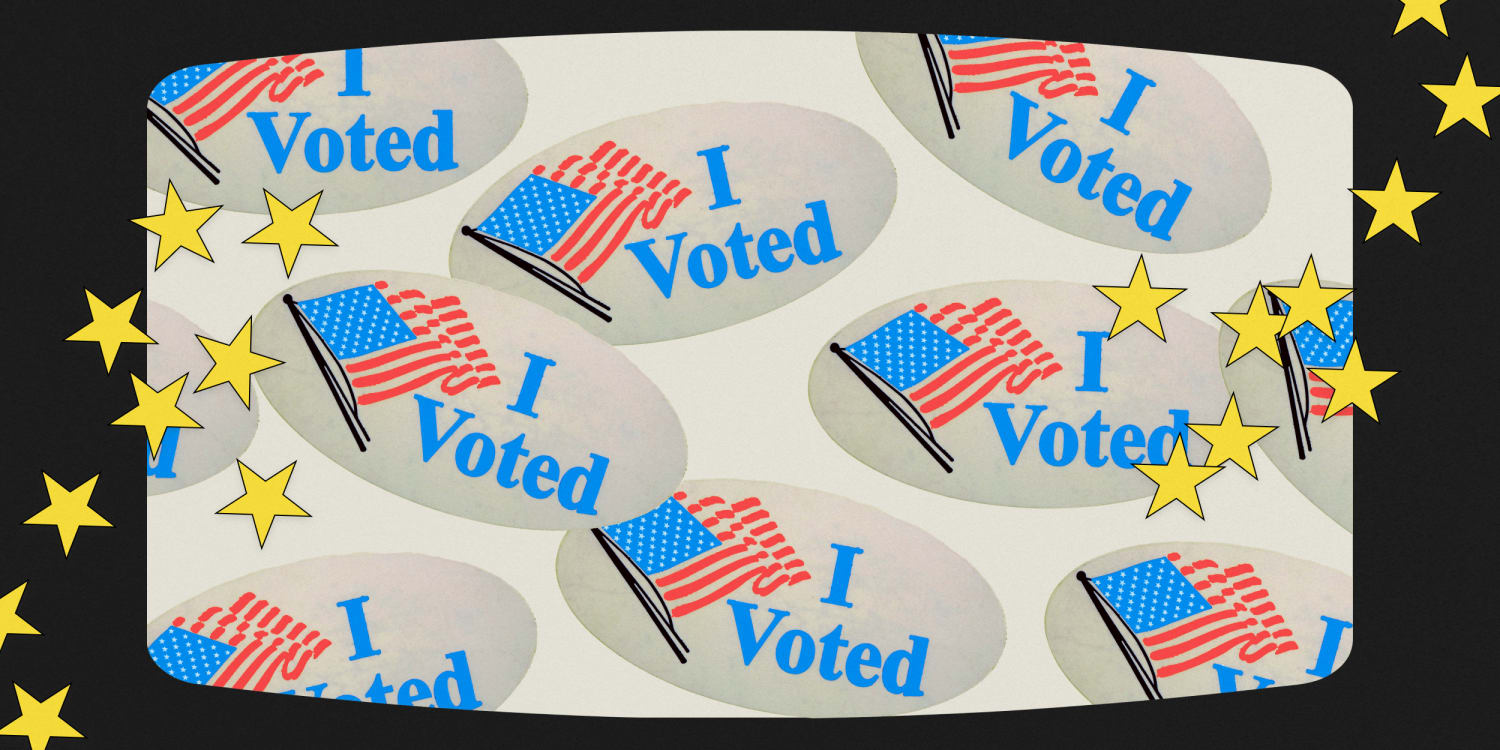By Graham Moomaw
(VM) – Legislation that would’ve let Virginia political parties exclude some voters from their primary elections was defeated Monday in a House of Delegates subcommittee that deals with election rules.
The rejection of the Republican-sponsored bill — which would have required voters to register their party affiliation with the state starting next year — preserves Virginia’s open primary system, which gives eligible voters the freedom to participate in any government-run primary regardless of their political leanings.
The bill would not have automatically blocked voters unaffiliated with a party from participating in that party’s primaries. Instead, it would have given the parties themselves the power to decide whether to exclude independents and voters affiliated with an opposing party.
At Monday’s committee hearing on the proposal, Del. Rozia Henson, D-Fairfax, asked what it would mean for voters who live in deep-blue or deep-red areas, where a lack of partisan competitiveness means nominating elections often decide who will represent that area in local, state or federal office.
Del. Tommy Wright, R-Franklin, the bill’s sponsor, said Democrats in a blue area could block Republicans from voting in their primary.
“And if they didn’t have a candidate, they wouldn’t vote at all,” Wright said, referring to Republicans.
Del. Bill Wiley, R-Winchester, who sponsored the same bill as Wright, told the subcommittee that general elections are the proper time for parties to try to appeal to crossover voters.
“The primaries are specific for the party,” Wiley said.
The Democratic-led subcommittee didn’t take a recorded vote on the bill, which failed for lack of a seconded motion to pass it.
Virginia’s lack of registration by party has occasionally given rise to complaints of partisan meddling by allowing Democratic-leaning voters to cast ballots in Republican primaries and vice versa. To avoid crossover votes in primaries, Republicans often choose to hold party-run conventions or firehouse primaries that give party organizers more leeway to ensure only Republican voters participate. When both parties have government-run primaries for the same office at the same time, voters have to choose between a Democratic and Republican ballot.
The rules for government-run primaries are taking on new importance due to a recently enacted law that makes it more difficult and potentially impossible for political parties to conduct their own conventions or firehouse primaries. By requiring parties to make absentee voting accommodations in party-run elections, the law is expected to force Republicans to hold more open primaries and drop their preference for conventions and other closed processes.
According to reporting by Cardinal News, Lynchburg Republicans are embarking on the first test of the new election law by attempting to hold a party-run nomination process in upcoming Lynchburg City Council races. That decision has drawn scrutiny from Del. Dan Helmer, D-Fairfax, who asked Attorney General Jason Miyares to ensure the Lynchburg GOP complies with the new law requiring the party to allow remote participation by overseas military personnel, college students who are away from home and would-be voters who can’t attend in person due to a disability or sickness.
Several people spoke in opposition to the bill at Monday’s meeting, saying injecting more partisanship into state politics would further erode an already fraying democratic system. Letting parties decide who can and can’t participate in a government-run primary, said Mary Crutchfield of the League of Women Voters of Virginia, is a “disturbing prospect in a democracy.”
“Open primaries invite independents, who are now a majority of all voters, to participate,” Crutchfield said. “Yes, spoiler voters might affect an outcome. But that is not common and affects both parties.”
Steve Richardson, a Falls Church resident affiliated with the centrist, election reform-focused Forward Party, said closed primaries would be a “giant step backward for voters.”
“Closing the primaries is unjust,” Richardson said. “It grants private organizations the power to exclude voters.”
Under the rejected bill, voters who were already registered would have been classified as independent by default unless they changed their status to Democrat or Republican.



